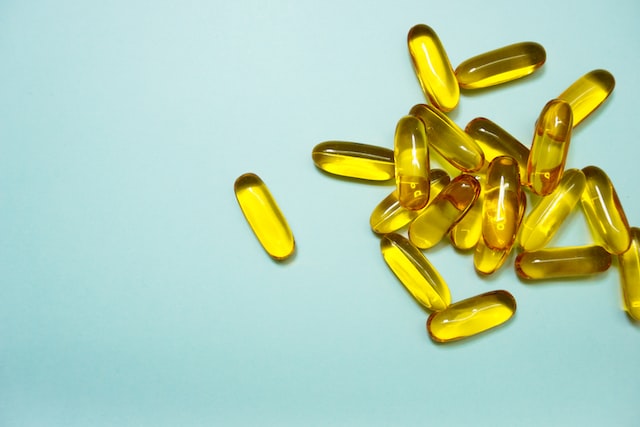The best time to take probiotics is generally **before breakfast or with a meal**, but the exact timing can depend on the probiotic strain and formulation. Research indicates that taking probiotics on an empty stomach or shortly before a meal may improve the survival of beneficial bacteria through the acidic environment of the stomach, allowing more to reach the intestines where they exert their effects[7].
Probiotics are live microorganisms that, when consumed in adequate amounts, provide health benefits by balancing the gut microbiome. The stomach’s acidity varies throughout the day and is typically lower (more acidic) during fasting periods and higher (less acidic) during and after meals. Because stomach acid can kill many probiotic bacteria, timing intake to when acid levels are less harsh can improve their survival[7].
Taking probiotics **before breakfast**—for example, 30 minutes before eating—means the stomach is relatively empty, which may reduce acid exposure and increase probiotic viability. This timing is often recommended because it allows the probiotics to pass through the stomach more quickly and colonize the gut more effectively[7]. Some experts suggest taking probiotics first thing in the morning with a glass of water, before eating anything else, to maximize their benefits[4].
On the other hand, taking probiotics **after dinner** or with the evening meal is also common and can be beneficial. The presence of food buffers stomach acid, potentially protecting probiotics as they transit to the intestines. However, late eating has been associated with negative metabolic effects such as increased hunger, reduced calorie burn, and changes in fat storage genes, which might indirectly affect gut health[1]. Therefore, while probiotics taken after dinner can survive well, the overall timing of meals and probiotics should consider metabolic health as well.
Some studies emphasize that consistency in taking probiotics daily is more important than the exact timing. Regular intake helps maintain a stable population of beneficial bacteria in the gut, which supports digestion, immune function, and metabolic health[6].
In summary, taking probiotics **30 minutes before breakfast** or **with breakfast** is often preferred to maximize bacterial survival through the stomach. Taking them after dinner is acceptable but may coincide with less optimal metabolic conditions. The key is to take probiotics consistently and choose a high-quality product with strains proven to survive stomach acid and colonize the gut effectively[7][4].
Sources:
[1] MindBodyGreen, Eating Time Can Seriously Affect Metabolic Health
[4] News18, Short-Term Gut Reset: How A 14-Day Probiotic Plan Helps While Traveling
[6] SeniorSite, Why Probiotics for Elderly Could Be Your Secret to Healthy Aging
[7] Thorne, Best Time to Take Probiotics





